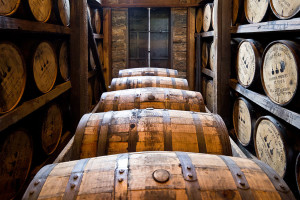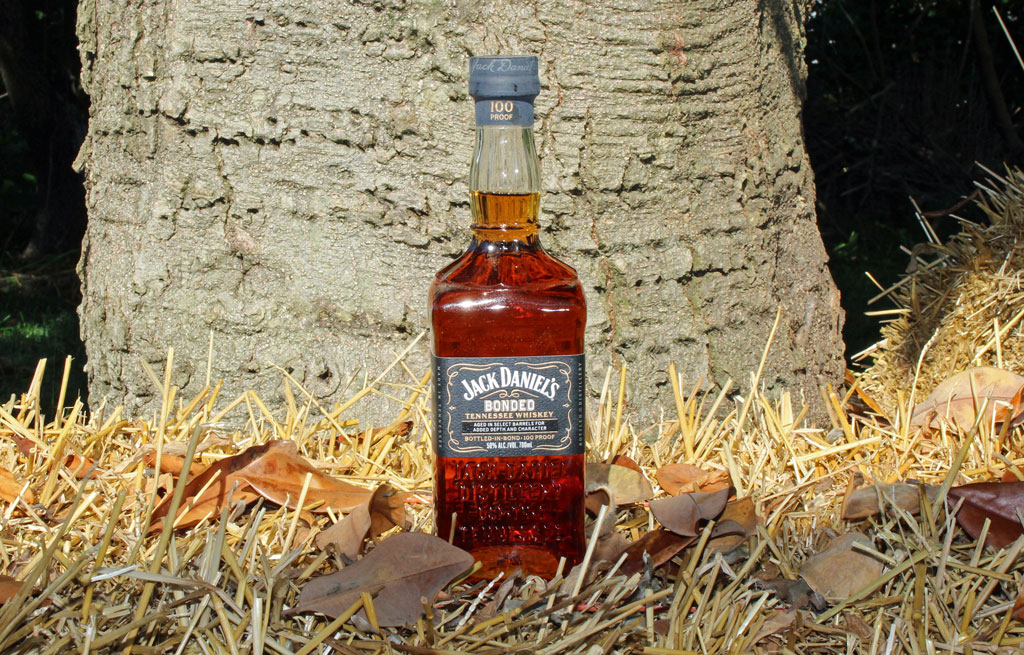Busting The Five Biggest Bourbon Myths
By Richard Thomas

Bourbon is bigger than it has been in decades, and consequently myths and bad facts about America’s Native Spirit are being passed around as never before. Here are the five biggest bourbon myths explained and debunked.
1. Bourbon must be made in Kentucky: Although all of the big brand bourbon distilleries are located in the state of Kentucky, there is no law saying that only if it is made in Kentucky is it bourbon. MGP, the industrial distillery that has been around for decades and provides much of the industry’s stock bourbon, is located across the Ohio River in Indiana. Plus, historically many states were engaged in bourbon production prior to Prohibition. Virginia, for example, had a nice reputation for bourbon of the kind that Texas and Colorado are aspiring to now. The Bluegrass States is the best source for bourbon, but not the exclusive source.
2. Elijah Craig invented bourbon: While the Reverend Craig was certainly a frontier Kentucky distiller, there is no proof of any kind that he invented either bourbon whiskey as a whole or any of the features that go into making it. The claim that Craig was the “Father of Bourbon Whiskey” postdates his death by some six decades. Furthermore, Craig opened his first distillery in 1789, six years after another bourbon pioneer, Evan Williams, is supposed to have opened his.

(Credit: Wikimedia Commons)
3. Tennessee whiskey isn’t bourbon: Last year’s fracas in the Tennessee state house over what is or isn’t Tennessee whiskey revived the classic bar stool debated over whether Jack Daniels’ and George Dickel are or are not bourbon. In spirit, the 2013 Tennessee Whiskey Law confirmed that they were bourbon, because it defined them as being bourbon in accordance with Federal statute, plus the added step of the Lincoln County Process (drip-filtration through maple charcoal). Instead of setting Tennessee whiskey fully apart from bourbon, what the law actually did was confirm it as a major and distinctive variant within bourbon.
4. Excellent spring water is crucial to making bourbon: This was actually half-true once upon a time, which is why some of the classic American distilleries are located on their own springs, but no longer. Modern health and industrial standards usually demand that the water used to produce a drink product like bourbon be treated, almost invariably with reverse osmosis. This process removes 99% of all minerals and metals from the water in question. Whether the water comes from a river, stream, spring or the municipal tap doesn’t matter very much after that.
5. Bourbon bottlers are a new phenomenon: The only reason why bottling whiskey stock made by someone else seems new and controversial to Americans is because Prohibition wiped out the American whiskey bottling sector. Prior to that, bottlers (or “rectifiers” as they were sometimes called back then) were at least as important in the American whiskey trade as distillers who sold their own product, especially in the 19th Century. W.L. Weller, often credited as the creator of wheated bourbon, was one such 19th Century bottler. Whereas bottling remained common in Scotland and Ireland, for many years the only whiskey company in the U.S. relying solely on bottling was Kentucky Bourbon Distillers, now known as Willett.




Check out how he “busts” Elijah Craig by using what Evan Williams supposedly did.
This jerk was trolling Reddit too.
So, genius, explain to me how pointing out two contradictory myths fails to prove that one or both is probably suspect?
JD is not bourbon and never will be. I don’t care what the law says.
You can call that stuff from Texas, Colorado or even Minnesota “bourbon”. But it’s not. You can call a VW a Porsche…it’s got four tires, a steering wheel and an engine in the back. But it’s not. What makes bourbon from Kentucky so special is something that cannot be duplicated by any recipe. And that is it’s climate. Cool springs, humid summers, crisp falls and mild winters. That’s what makes Kentucky bourbon special. The rest, it’s just whiskey.